Understanding Solar Panel Efficiency
As the world shifts towards renewable energy sources, solar power stands out as a leading solution in mitigating our reliance on fossil fuels. At the heart of this energy revolution are solar panels, whose efficiency dictates how much sunlight can be converted into usable electricity. Understanding the factors that influence solar panel efficiency is critical for maximizing energy output and ensuring sustainable power solutions for the future.
Consider the Type of Material Used
One of the primary determinants of solar panel efficiency is the type of material used in the photovoltaic cells. Traditional silicon-based panels have dominated the market because of their reasonable efficiency and cost. However, recent advancements have been made with perovskite solar cells, which are pushing efficiency boundaries. According to Integrate Sun, perovskite tandem solar cells now exceed 34% efficiency, significantly outperforming their silicon counterparts. These developments highlight the importance of continued innovation in photovoltaic technology to boost overall efficiency.
Consider the Physical Design and Location
Another factor affecting solar panel efficiency is the physical design and location of the installation. Panels that are oriented to receive the maximum amount of sunlight through optimal tilt angles and positioning generally yield better efficiency. Additionally, installations in areas with high solar insolation, where sunlight is more intense and prolonged, typically result in greater energy generation. Therefore, a well-planned installation can maximize energy output, ensuring the most effective harnessing of solar power.
Consider Environmental Conditions
Environmental conditions also play a significant role in determining the efficiency of solar panels. Factors such as temperature, shading, and dust accumulation can negatively impact efficiency. High temperatures, for example, can reduce the performance of solar cells, making cooling mechanisms a necessary consideration in hot climates. Moreover, regular maintenance to clear dirt and manage shading from nearby structures or vegetation is vital to maintain peak efficiency levels throughout the panel's lifespan.
Understanding and optimizing solar panel efficiency involves a multifaceted approach that encompasses material technology, installation strategies, and environmental management. With innovations such as perovskite solar cells setting new efficiency benchmarks, the potential for solar energy to play a transformative role in our energy systems has never been greater. By focusing on efficiency improvements, we can ensure that solar power continues to flourish as a sustainable and reliable energy source for the future. If you're looking for quality solar panels, contact Solar Savings Direct, Inc today.

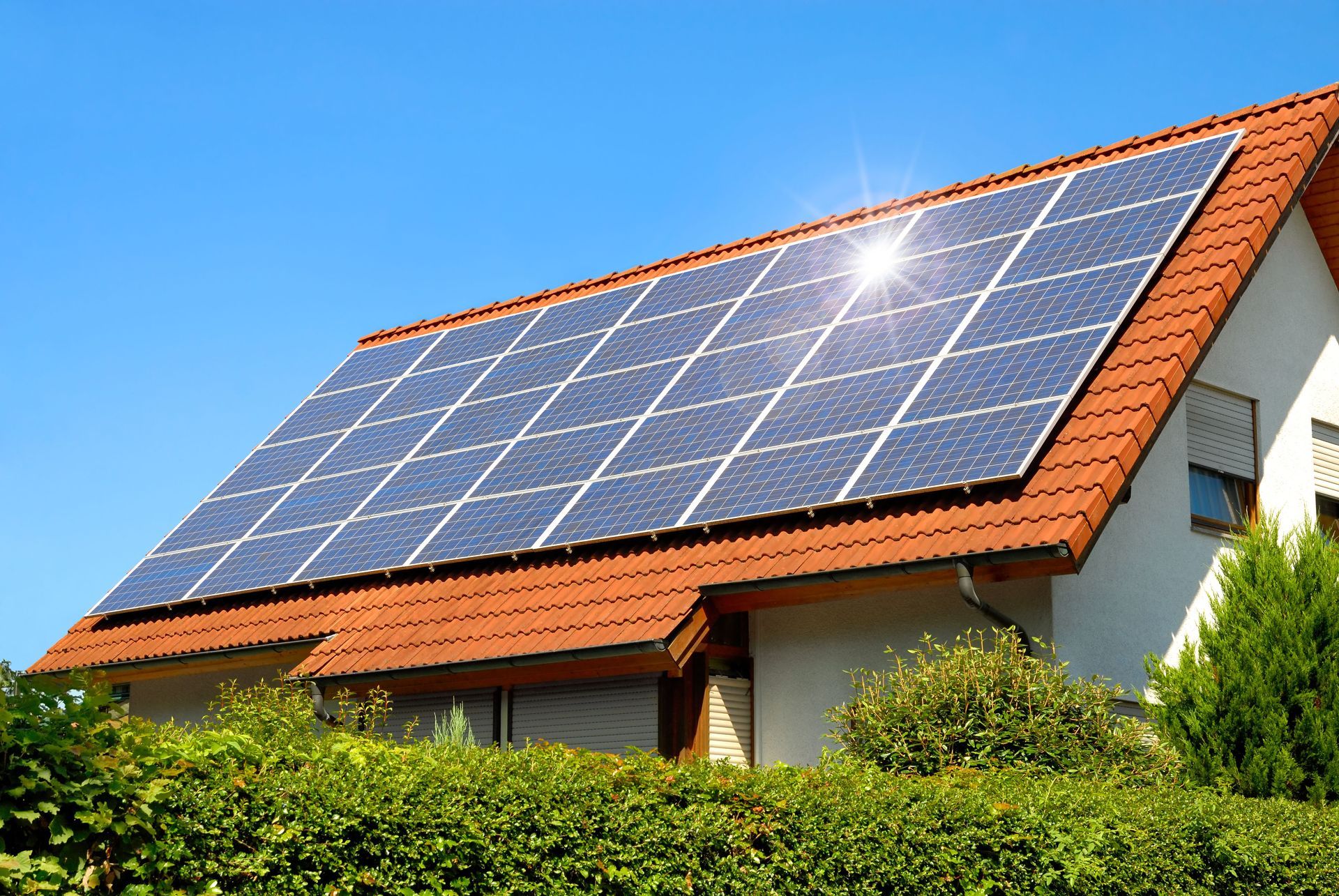
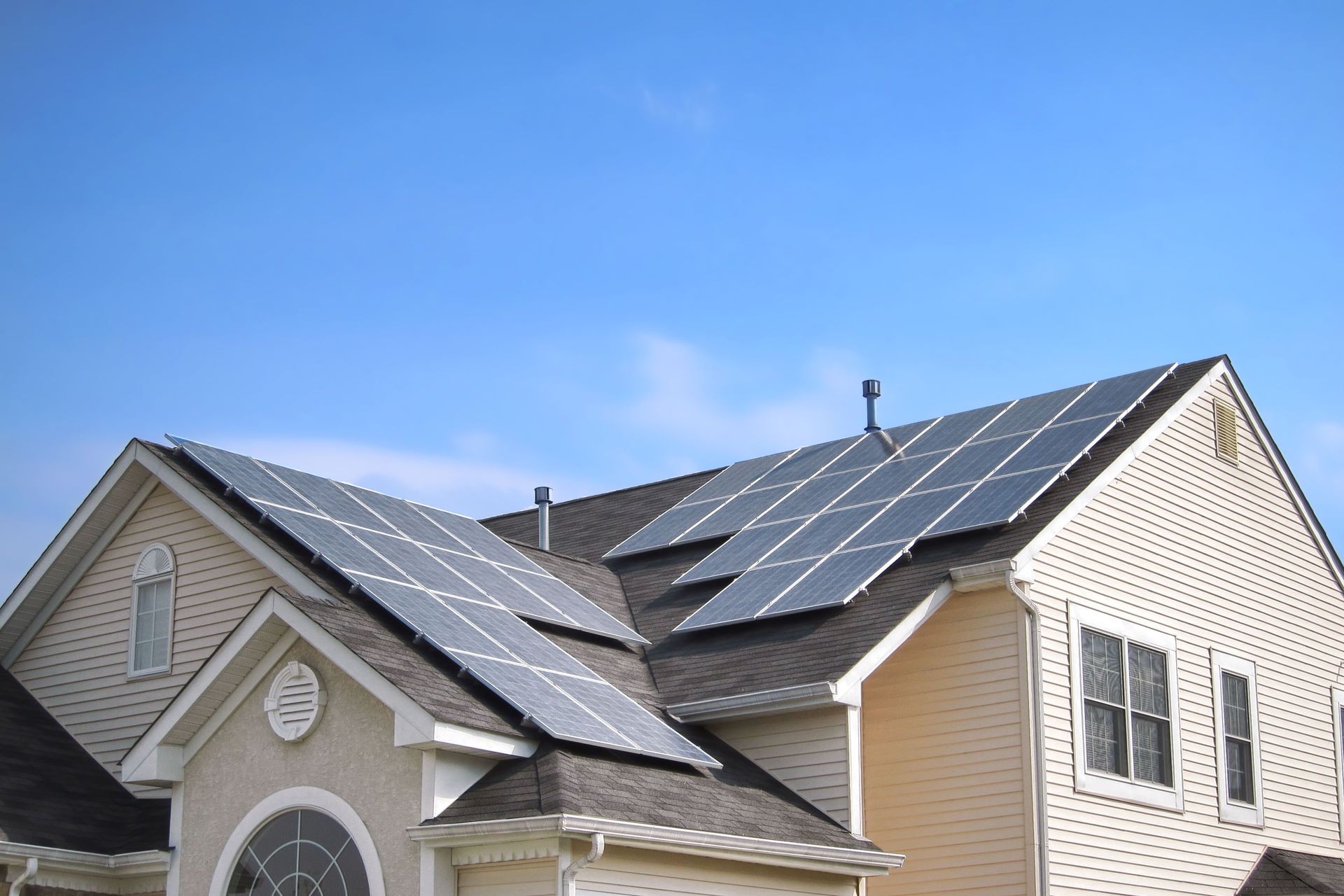
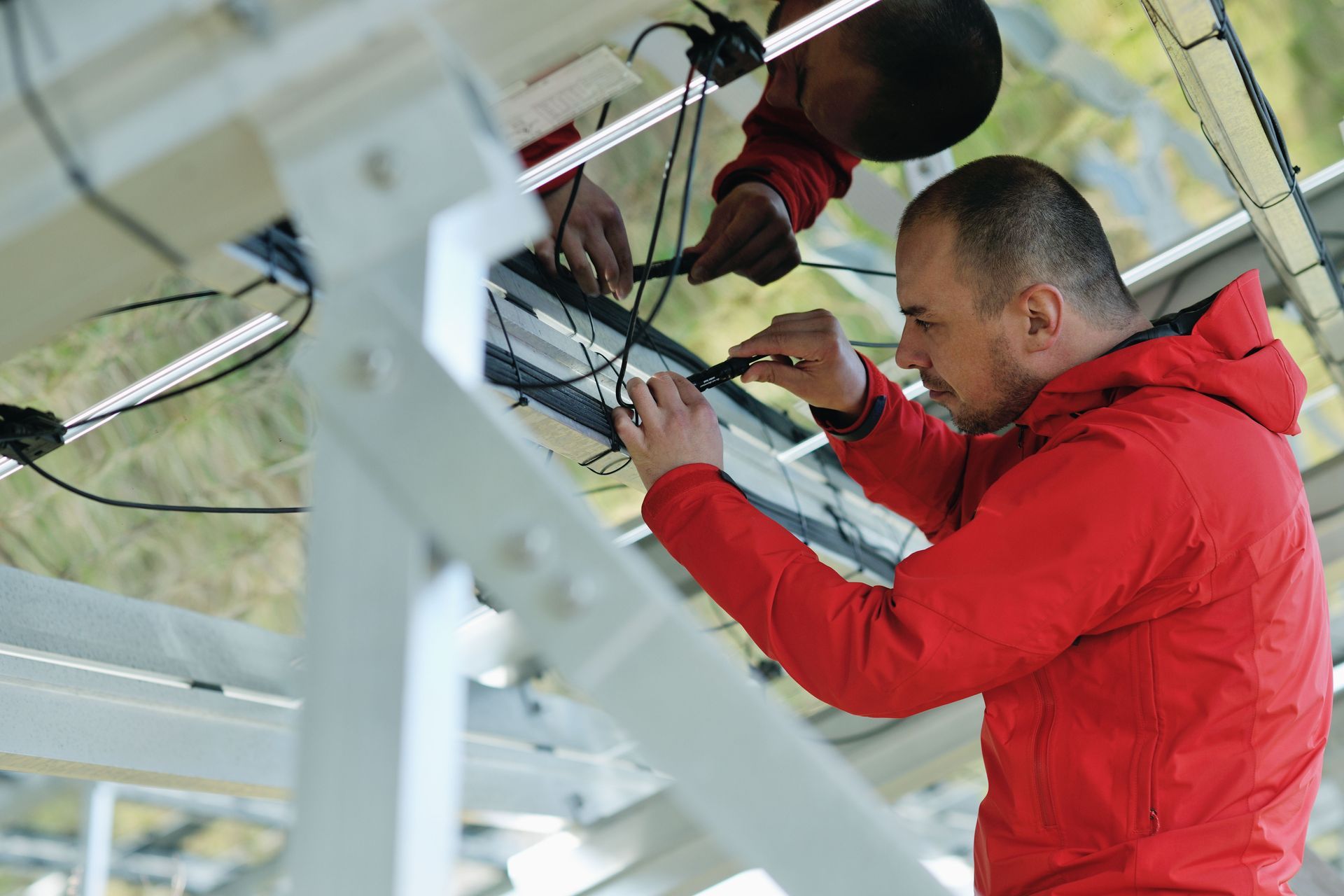
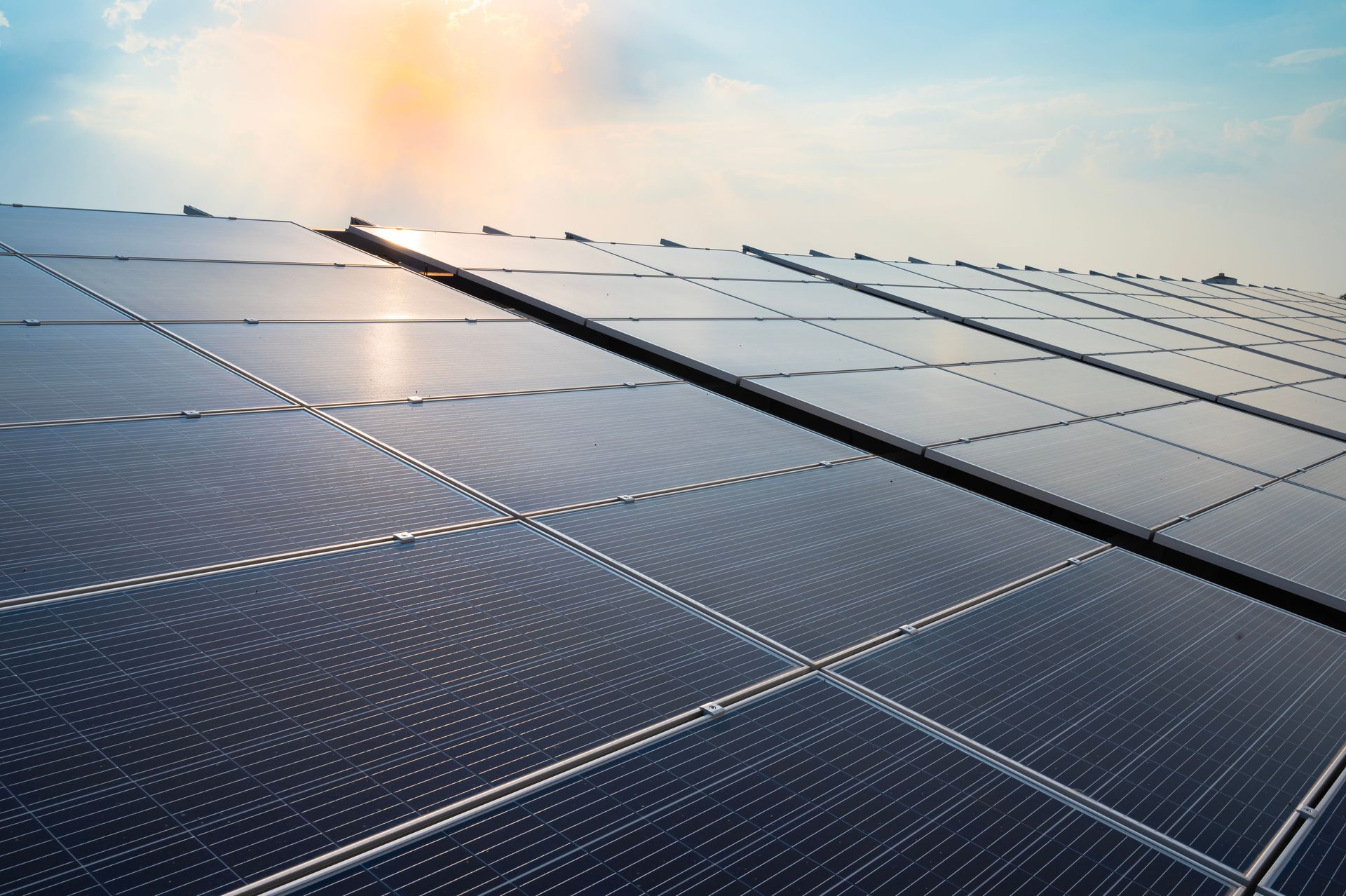
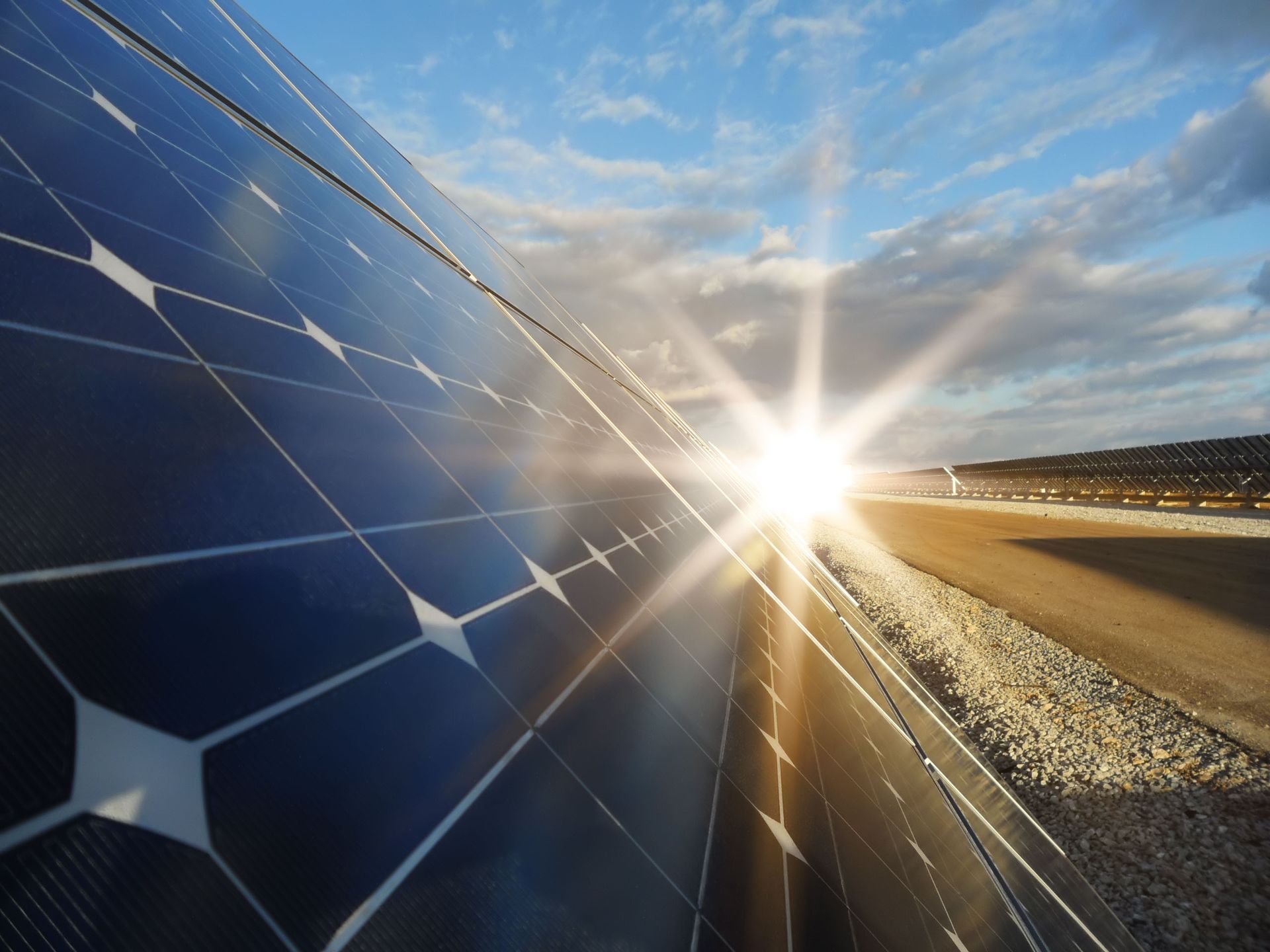
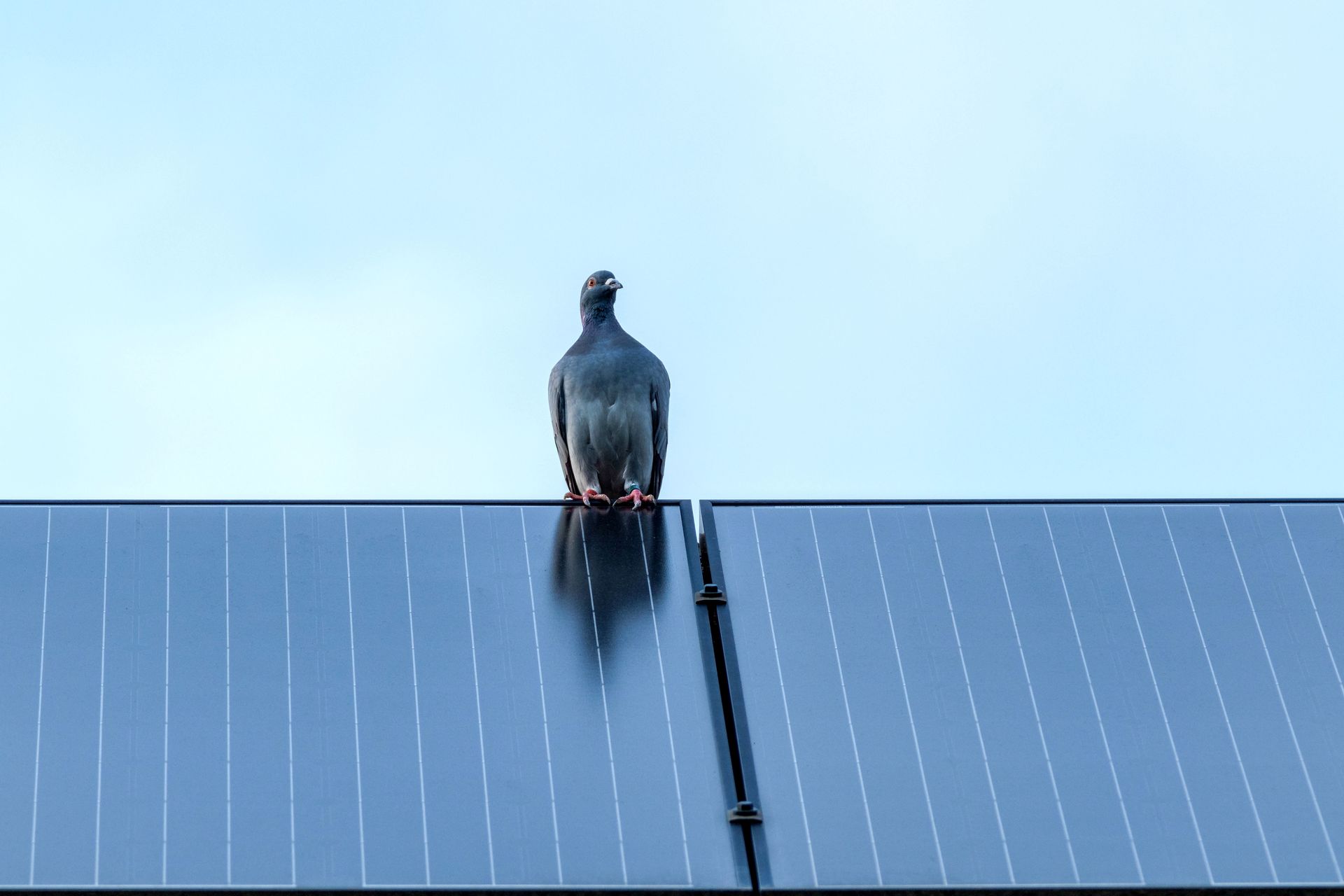
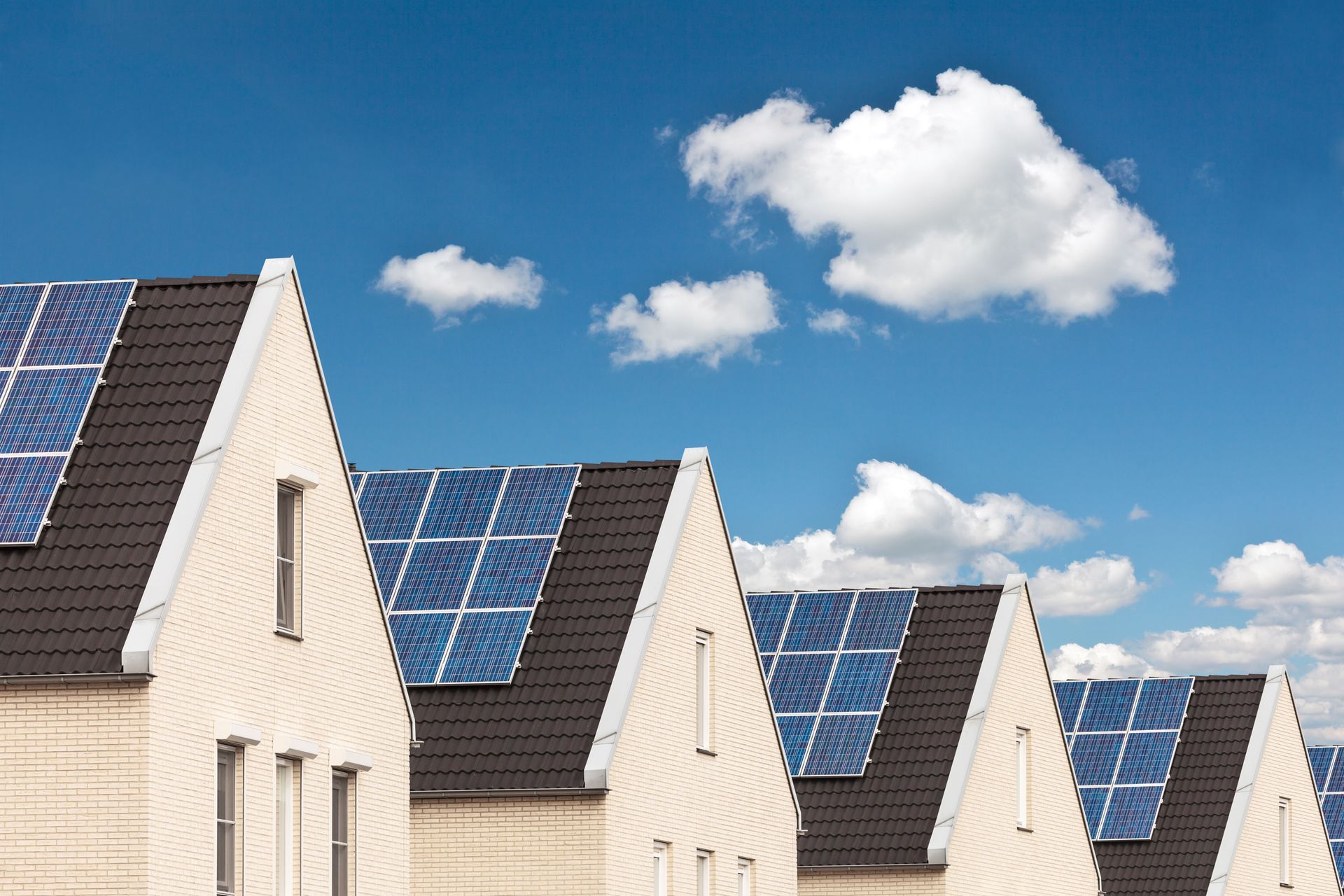
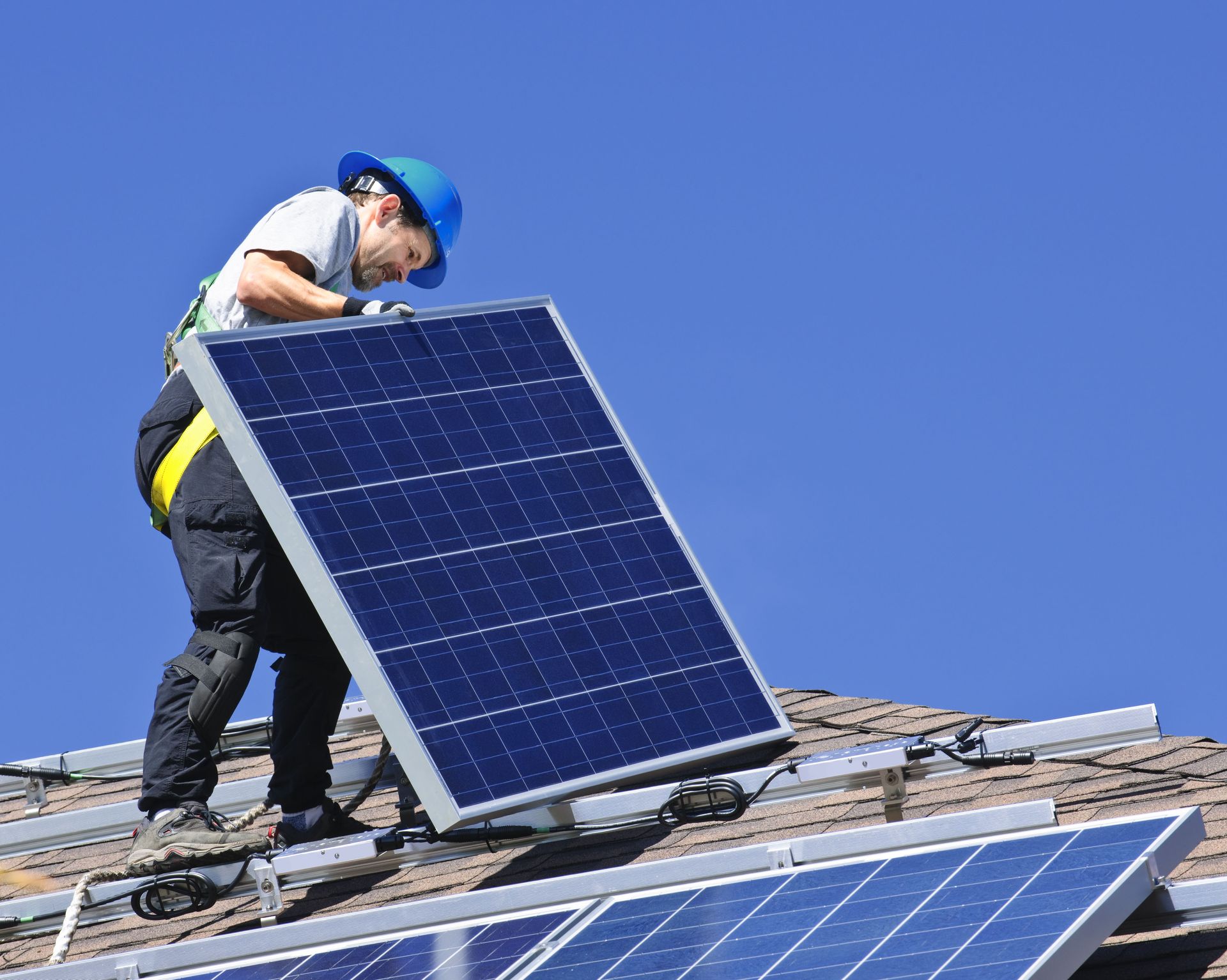
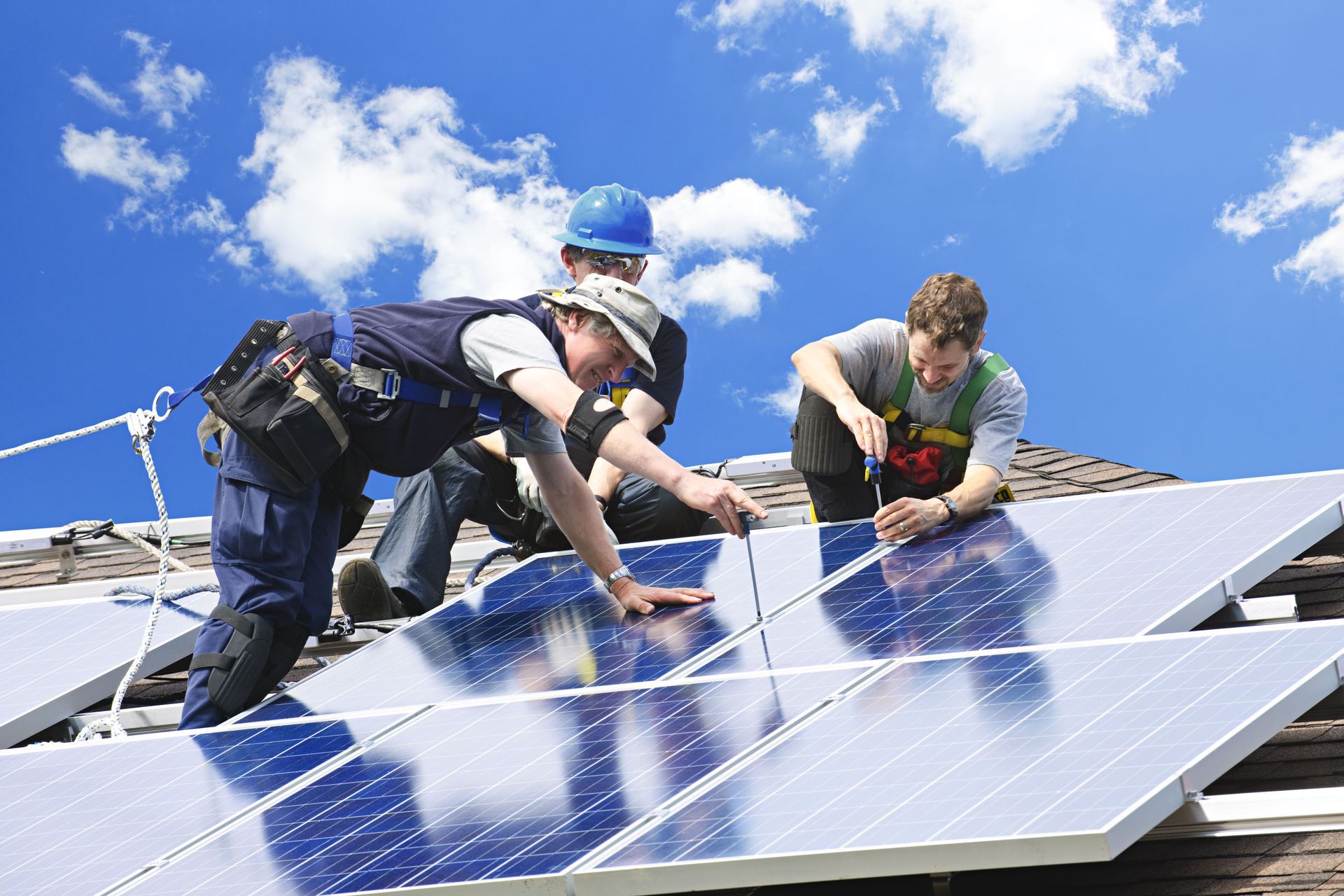
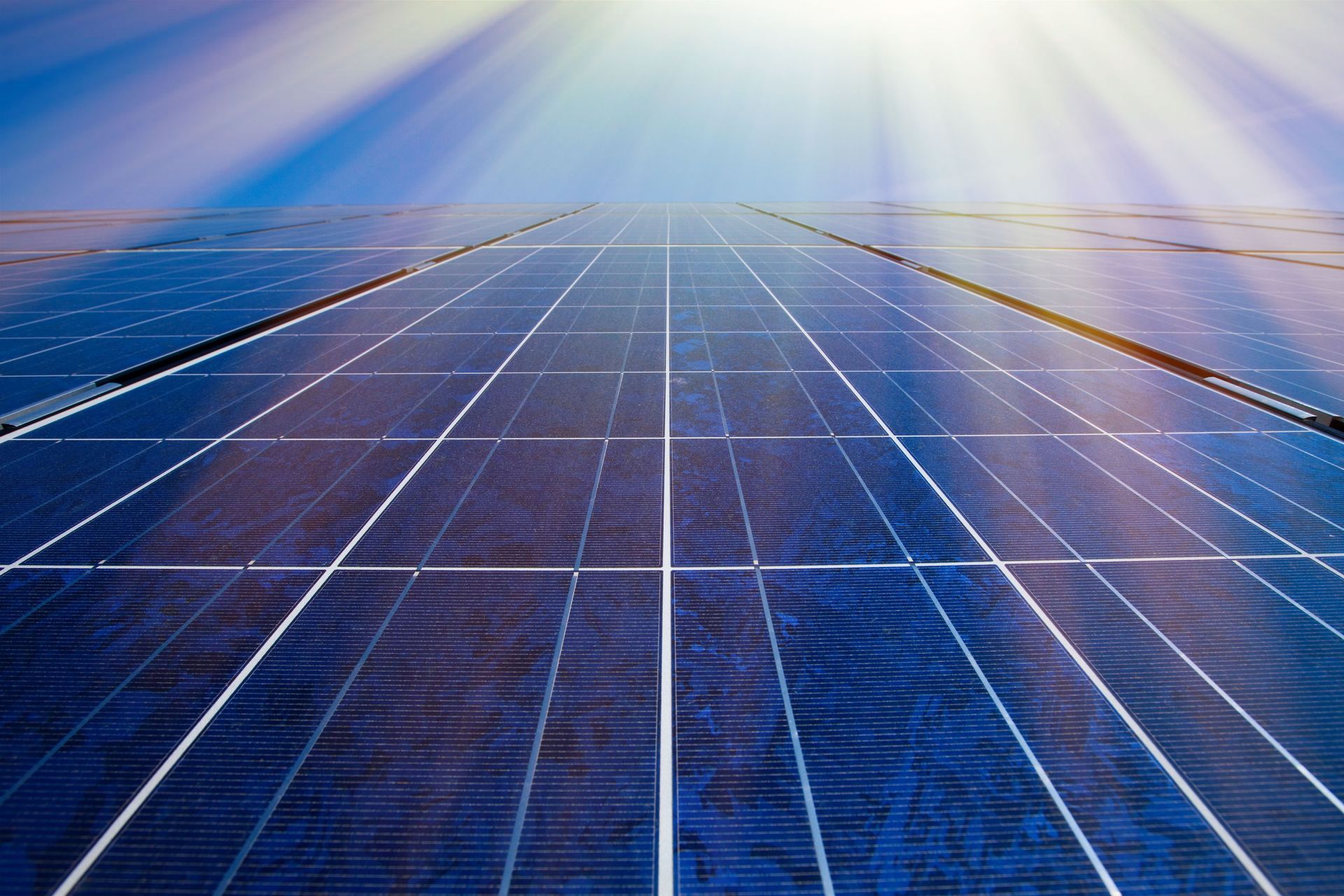
Share On: